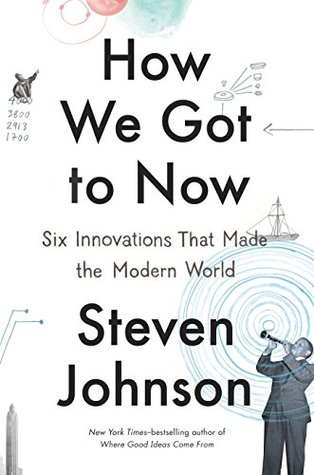You could fill a small library with the amount of historical scholarship that has been published documenting the impact of the printing press, the creation of what Marshall McLuhan famously called “the Gutenberg galaxy.” Literacy rates rose dramatically; subversive scientific and religious theories routed around the official channels of orthodox belief; popular amusements like the novel and printed pornography became commonplace. But Gutenberg’s great breakthrough had another, less celebrated effect: it made a massive number of people aware for the first time that they were farsighted.
Welcome back. Just a moment while we sign you in to your Goodreads account.


